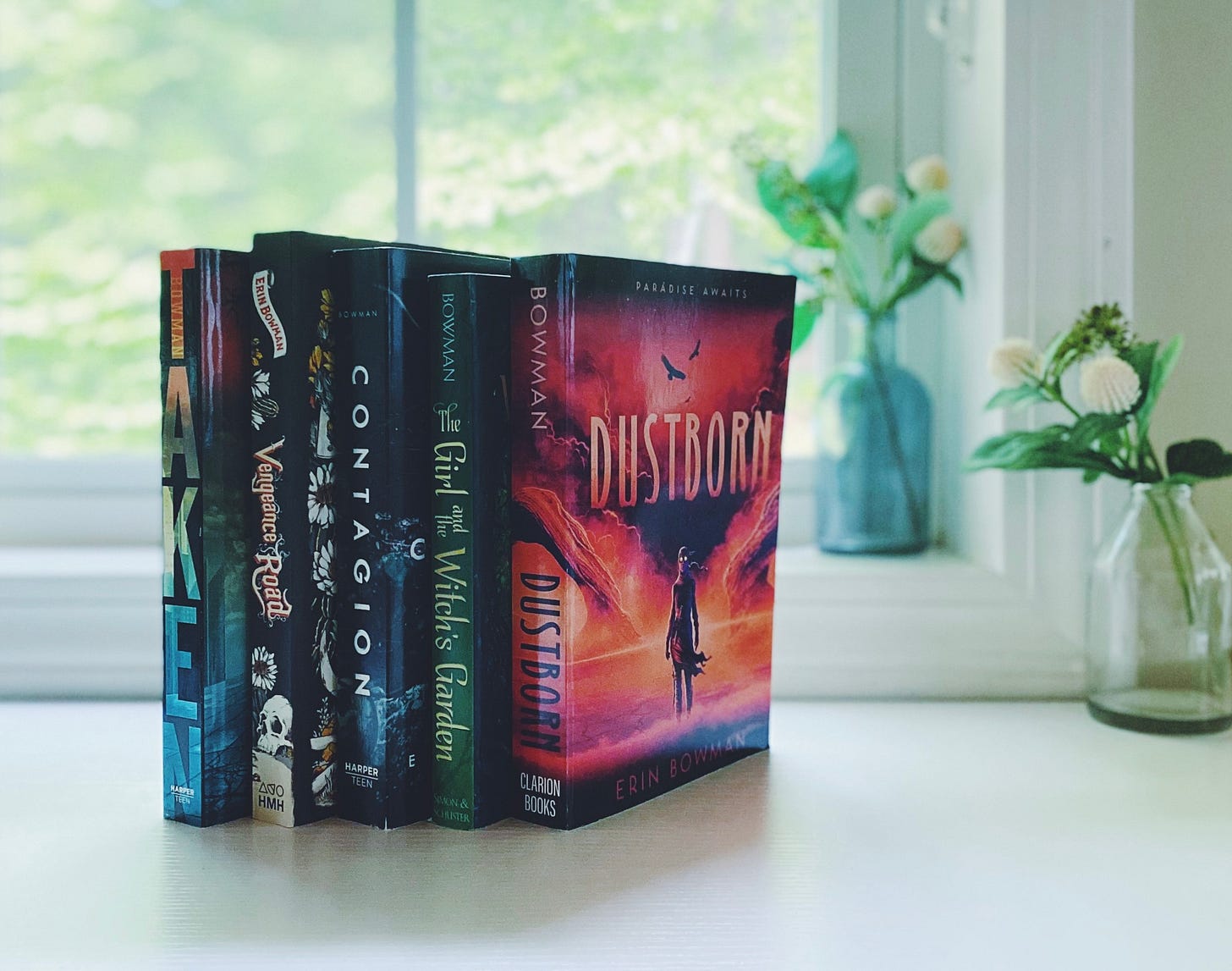In today’s newsletter, I’ll be answering a reader question. Liz asked1:
Can you talk a bit about how to change genre without losing your unique voice and/or the things readers have grown to expect from your stories?
This is paraphrased because I asked for newsletter topics on insta and then foolishly forgot to save the responses before the poll expired and…
Keep reading with a 7-day free trial
Subscribe to From the Desk of Erin Bowman to keep reading this post and get 7 days of free access to the full post archives.


